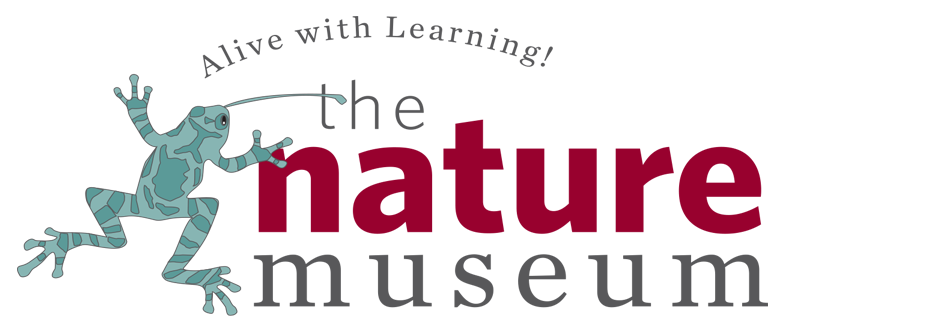When you buy a license to fish in the Connecticut River, Vermont, off Cape Cod in Massachusetts, or anywhere in the U.S for that matter, there will inevitably be numerous laws that you need to follow for each fish species you want to catch. Underneath all of those fishing regulations is a complex world of federal and state agencies, scientific advisory groups, decades of research, complex mathematical models, and many other entities that work together (sometimes) to manage our country’s fish populations.
The way we manage and set regulations depends considerably on the behavior and characteristics of the fish itself. Migratory species, like Striped Bass, American Shad, and various species of Salmon on the West Coast, make for especially complex and convoluted management strategies since they often travel between fresh and saltwater, across state lines, and sometimes even over national boundaries!
Fortunately, there are things you can do as a fishermen and citizen that can help managers and scientists better understand these species and set appropriate regulations.
This free event is hosted as part of the educational outreach efforts of the Bellows Falls Fish Ladder and Visitor Center that is generously supported by Great River Hydro.
Registration is required and this webinar will be hosted through Zoom.
About the presenter: Robert Murphy Jr., Ph.D. Post-doctoral Research Associate Fisheries Aquatic Science & Technology (FAST) Laboratory Alaska Pacific University My passion for fisheries science largely stems from my lifelong love of fishing and for the outdoors. Growing up on the Connecticut River in western Massachusetts, I was bitten by the fishing bug at an early age; wading streams looking for the perfect brook trout hole and trolling lures in search of rainbow trout. The complexity of these stream and river ecosystems captured my curiosity.
As famously said by John Muir, “When we try to pick out anything by itself, we find it hitched to everything else in the Universe.” This idea, that things in the natural world are remarkably intertwined, became the driving force of much of my life and led me to Northeastern University, where I studied marine ecology in Massachusetts, Panama, and Washington state. During my undergraduate schooling, it became evident that people are also deeply embedded within and reliant on these ecosystems; from operating as predators, altering species distributions, to the cultural significance that we place on plants and animals. Inspired by our connection with the natural world, I went back to Northeastern University for a PhD and conducted interdisciplinary research that explored how the Striped Bass, a culturally significant fish species in New England, interacts with both marine organisms and people. From a human perspective, my graduate research focused on explaining the opinions and knowledge of fishermen and how regulations affect fishing behaviors, as to enable more holistic and inclusive management. I also explored the feeding ecology and health of Striped Bass using field and laboratory techniques to further understand how they interact with other fisheries, such as the American Lobster. After finishing graduate school in 2018, I began work as a research associate in Alaska Pacific University in Anchorage, where I work with commercial fishermen, Alaska Native tribes, and other fishery stakeholders to understand how to incorporate their perspectives and knowledge into fisheries management.
Despite working in Alaska, I spend most of my time living in Winthrop, MA with my wife and crazy dog Remy (he’s an 8-year-old Vizsla). Before Covid-19, I traveled out to Alaska every other month or so for important meetings and field research, but now I’m mostly stuck at home finishing up papers and writing grants for projects that would kick off when I’m able to return to Alaska.
